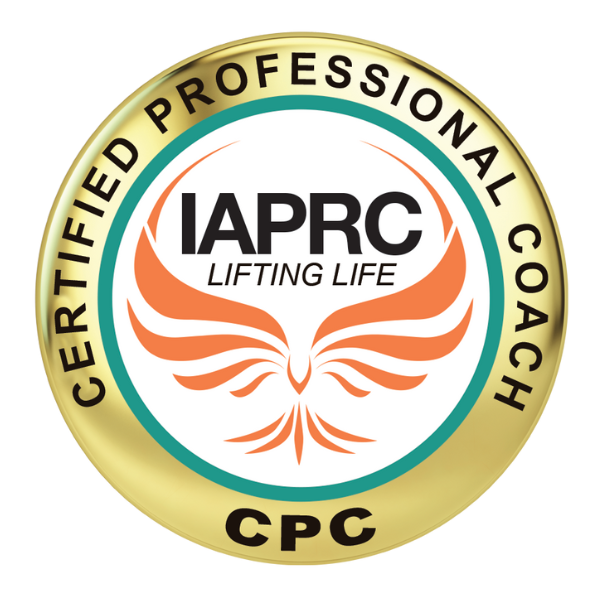Registration for Winter 2026 begins Fri, Dec 5, 2025!


Take your first step toward becoming a certified life coach! Our comprehensive course covers the Core Competencies recognized by the International Coach Federation (ICF), a leading organization in coaching that sets high standards and offers independent certification. By studying ICF-recognized protocols, you will develop your unique coaching style. Our life coach certification program also integrates the International Association of Professional Recovery Coaches (IAPRC) Code of Ethics, providing you with the skills to coach individuals affected by addiction and challenging circumstances effectively.
Upon passing the final exam, you will earn the Certified Professional Coach (CPC) certification issued by the IAPRC, empowering you to become a life coach and establish a successful coaching business.
Prerequisite: There are no specific prerequisites for taking this course.
Location | Day(s) | Price | |
|
|
| Register |
The 2023 ICF Global Coaching Study (GCS), which evaluates the size and scope of the coaching profession, reports that the average salary of a life coach is $67,800.
The GCS report also states that 85% of coach practitioners hold a life coach certification or credential from a coaching organization. The trend for credentialed coaches is growing, emphasizing the importance of credentials in building trust with clients and increasing your earning potential.
Life Coaching FAQs
Life coaches help their clients identify a specific life or career goal, define the steps needed to achieve this goal and create a plan of action. Life coaches will also help clients identify strengths, weaknesses and obstacles that will impact their plan of action.
Most importantly, professional life coaching involves relationship building and trust. Life coaches must be able to forge a creative partnership with their clients to:
While therapists analyze a client’s past to help them understand their current behavior, life coaches identify obstacles that stop a client from achieving their goals and present strategies for getting past these obstacles.
Like the difference between a life coach and a therapist, coaching is different than counseling because it focuses on goal setting, not mental health. Ultimately, both practices aim to help the client on a deeply personal level but take different approaches in doing so.
Training and certification help you stand out to clients. Credentialing organizations like the International Association of Professional Recovery Coaches (IAPRC) and International Coach Federation (ICF) follow a standard of ethics that clients expect.
Please click here to see the curriculum outline, price, course details, and frequently asked questions.